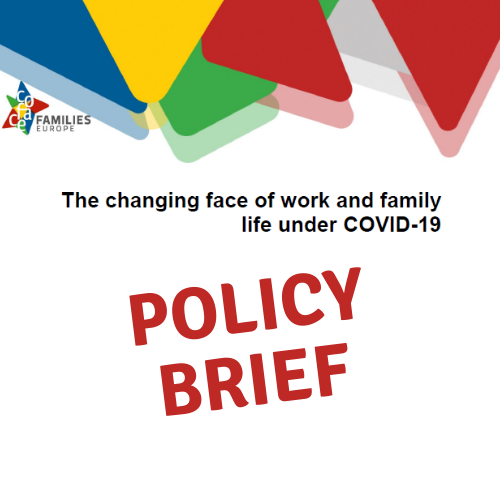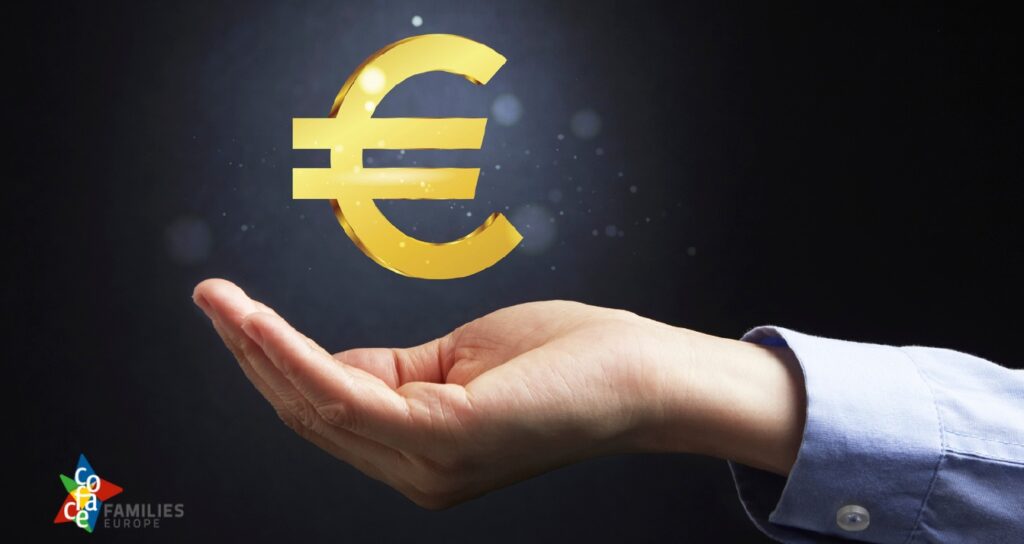In October 2020, the German Presidency of the EU chaired an EPSCO Council meeting which included a debate on equal participation of women and men in the labour market. They exchanged views on ways to further promote gender equality and combat the segregation of women and men in the labour market. As infection numbers are climbing throughout Europe and we’re on the verge of a second COVID-19 wave, the debate took the current situation on board.
“The coronavirus crisis has shown: women keep things running. All over Europe more than 75 percent of critical workers are women. But in leadership positions, women are underrepresented. And women take on the greater share of unpaid care work – often at the cost of their own career and pension. Today, I discussed with my EU colleagues how gender equality in the labour market can be promoted. Gender equality in the labour market is not a luxury. On the contrary: it will make the EU more socially and economically robust. Especially in times of crisis.” Dr. Franziska Giffey, German Federal Minister for Family Affairs, Senior Citizens, Women and Youth
EPSCO Council Ministers agreed that the current pandemic highlighted the gender imbalance in many sectors. They stressed that the crisis had also shown the urgent need, but also valuable opportunities, to promote gender equality in the labour market in general and in social professions in particular. Furthermore, The EU Ministers for gender equality will exchange views on the consequences of the COVID-19 crisis regarding gender gaps in Europe next 19-20 November.
The compulsory lockdowns, school closure and teleworking have pushed society into a “new reality and normality” in the family, working and social spheres of life. Parents who can telework are confined at home, trying to balance work, parenting, care and schooling, and are under increasing pressure with further consequences for the mental health of both children and adults. The vulnerabilities of families have now been magnified significantly with the global pandemic bringing all inequalities to the fore. Since the outburst of the pandemic, COFACE Families Europe has advocated direct help to families through universally designed measures which support all types of families while targeting the most vulnerable, putting ethical considerations, equal treatment and human rights at the core.
This COFACE Policy Brief aims to explain how Covid-19 has negatively impacted the situation of families, especially the most vulnerable ones. Furthermore, the brief analyses the different measures taken to mitigate the situation including extraordinary leaves, care vouchers, flexible work solutions, reflecting a mix of measures based on resources, services and flexible working. Last, but not least, the brief is a call for going beyond the implementation of the transposition of the Work-Life Balance Directive. Extraordinary times call for extraordinary measures to boost investment in social and healthcare services to support families.
See full policy brief here.





